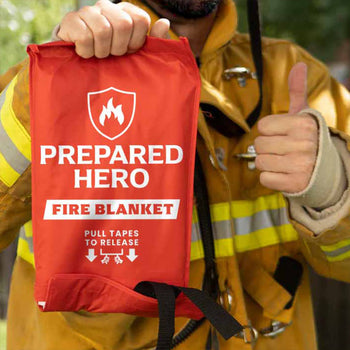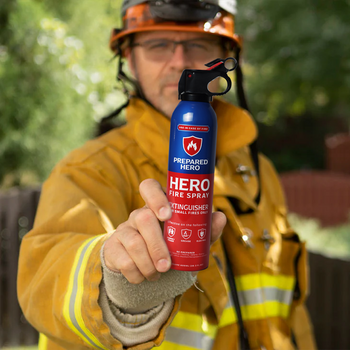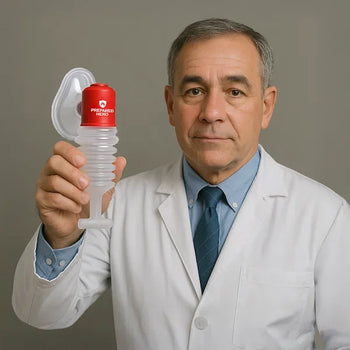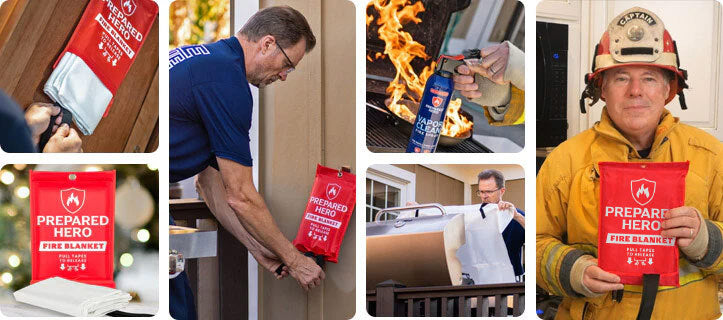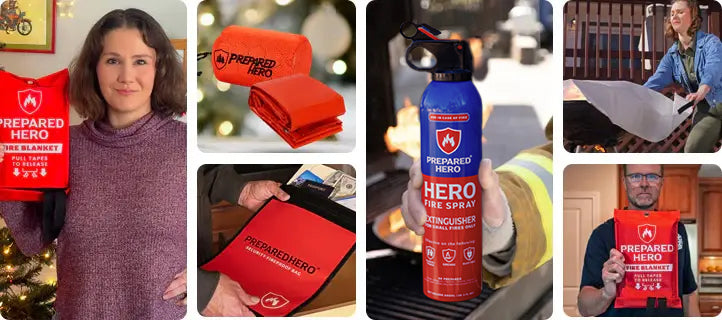Why Every Home Needs the Fire + Burn Care Kit (And How to Use It) Burns are one of the...
Fire extinguishers are your first line of defense when a fire breaks out. A working fire extinguisher means the difference between a manageable fire and a raging inferno.
Unfortunately, some people don’t take care of these tools enough. Don’t be like them. Find out how to protect your fire extinguisher the right way.
How to Protect Your Fire Extinguisher
Fire extinguishers are crucial in fighting fires, but people often overlook protecting them. Here’s how to protect your fire extinguisher to ensure it’s ready to go when you need it most:
1. Make sure the anti-tamper pins are intact.

First things first— anti-tamper pins are your fire extinguishers' gatekeepers. They prevent accidental discharge and keep parts in place until you need to use your extinguisher.
So check them every now and then to ensure they’re intact. If one’s broken or missing, don’t use the fire extinguisher and call a professional. Depending on the situation, you might have to replace your fire extinguisher.
2. Put it on the wall, stand, or cabinet.

Where you put your fire extinguisher matters more than people usually think. You can mount it on a wall, place it on a stand, or store it in a designated cabinet.
Wall mounts keep your extinguisher off the floor, making it visible and easy to grab. Stands are handy when wall space is limited, while cabinets add an extra layer of protection from dust and bumps. Whichever you choose, make sure your extinguisher is visible and accessible.
3. Place it in an accessible location.

Accessibility is key to fire safety. Put your fire extinguishers in areas where fires are more likely to occur, such as the kitchen, garage, or near exits. Avoid hiding it away in hard-to-reach spots or behind clutter. The goal is to be able to grab it quickly without anything in your way.
4. Regularly inspect your fire extinguisher.

Like any other safety equipment, fire extinguishers need regular maintenance. Regularly inspect your fire extinguisher for signs of damage, leaks, or rust. Then, check the pressure gauge to make sure it’s charged and ready for use (the needle should be in the green zone).
Check the expiration date as well— if your fire extinguisher is expired, replace it. Some models may require professional servicing, so consult the manufacturer’s guidelines for specific instructions.
Conclusion
Protecting your fire extinguisher doesn’t have to be complicated. By checking the anti-tamper pins, finding the right location, and doing regular inspections, you ensure your fire extinguisher is ready when needed.
But if you want a low-maintenance alternative that’s non-toxic, biodegradable, compact, and lightweight, check out the Hero Fire Spray. Many prefer it over a traditional extinguisher, and you can find out why here. Stay safe, hero!


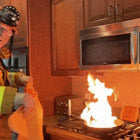 Fire
Fire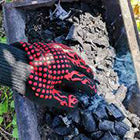 Safety
Safety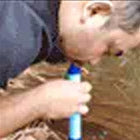 Survival
Survival Protection
Protection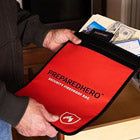 New
New
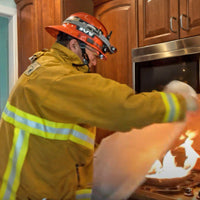 Fire
Fire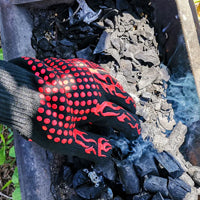 Safety
Safety Survival
Survival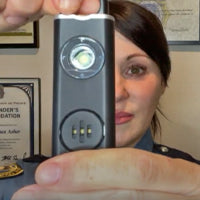 Protection
Protection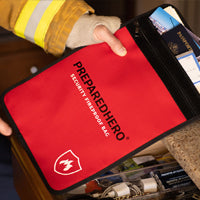 New
New
